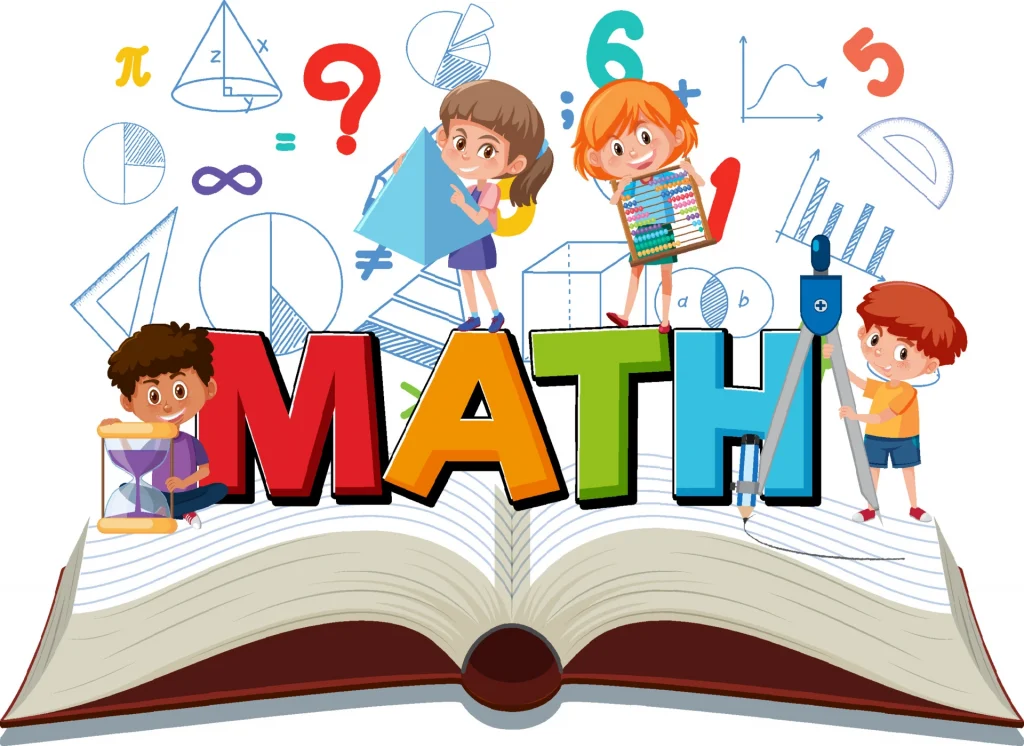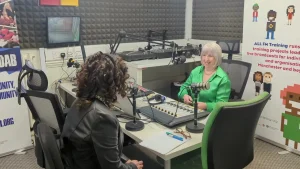“When’s the best time to get a maths tutor?” is a question I’m often asked.
“About 6-12 months before you think you’ll need one,” is my advice.
There’s a huge skills crisis in maths education and supply is thin on demand. Our waiting lists can be long and slow to move.
1 in 8 maths classes are taught by non-specialist maths teachers.
Another 1 in 8 maths teachers leave within five years of teaching.
What’s caused the crisis and what can be done?
The Skills Crisis in Secondary School Maths Teaching in the UK
Mathematics is a cornerstone subject of education, essential for developing critical thinking and problem-solving skills. Yet, the UK faces a significant skills crisis in secondary school maths teaching, threatening the quality of education and the future of many students.
What’s contributed to the skills crisis?
Several factors have contributed to the skills crisis in secondary school maths teaching in the UK:
- Teacher Shortages: There is a persistent shortage of qualified maths teachers. According to the Department for Education, many schools struggle to fill maths teaching positions, leading to unqualified individuals teaching the subject. Latest statistics suggest that 1 in 8 secondary maths lessons are taught by somebody who does not have a degree in maths, and nearly half of secondary schools are using non-specialist maths teachers to teach maths.
- Inadequate Training: The training programs for maths teachers often fail to equip them with the necessary skills and confidence. Many teacher training courses focus more on pedagogical theory than on the practical aspects of teaching maths effectively. “Nothing prepared me for the jump from PGCE to my first year of teaching. On reflection, a lot of our studies were based on behaviour management rather than the actual teaching of the curriculum. I felt way out of my depth,” reported one new qualified teacher.
- Low Retention Rates: High workload, stress, and comparatively lower salaries contribute to high attrition rates among maths teachers. According to a National Foundation for Educational Research report, around one in four newly qualified teachers leave the profession within three years, and specifically one in eight maths teachers leave the profession within five years.
- Competition from Other Sectors: Graduates with strong mathematical skills are highly sought after in various industries, such as finance and technology, which often offer more attractive salaries and career prospects than teaching. “It’s a no brainer,” said one of our sources, “Why would I go into a profession like maths teaching where there is little recognition for good work, complaining parents and unruly children?”
The Impacts of the Crisis
The skills crisis in maths teaching has far-reaching implications:
- Educational Inequality: Schools in disadvantaged areas are more likely to suffer from a lack of qualified maths teachers, exacerbating educational inequalities. Students in these schools often receive a lower quality of education, affecting their future opportunities. Research by the EEF (the Education Endowment Foundation) states “key stage 3 classes, low-attaining sets, and schools in disadvantaged areas are less likely to be taught by an experienced maths teacher with advanced qualifications.”
- Student Performance: A shortage of skilled teachers leads to larger class sizes and less individual attention for students, resulting in lower overall performance. The National Reference Test Results show a decline in the percentage of students scoring grade 4 or above from 71.7% in 2022 to 70.2% in 2023.
- Future Workforce: A lack of strong maths education at the secondary level affects the future workforce. Maths is critical for many careers in science, technology, engineering, and mathematics (STEM) fields. Without a solid foundation, students are less likely to pursue these careers, impacting the UK’s competitiveness in the global market.
What can be done?
Incentivising the profession, improving teacher training, promoting STEM careers and leveraging technology for the teaching of maths can all help to address the skills crisis in maths teaching,
But, if you’re one of many parents whose child needs help in maths, these solutions could take years to implement.
Tuition of course is one route that parents may take to help their child. Here at Carrie Burke we are recruiting maths and science graduates and taking them through our own teacher training programme of study- if the mountain won’t go to Mohammed, then Mohammed must come to the Mountain! Our hard work and dedication towards students education means we can attract maths and science specialists but also to ensure high standards of tuition and quality learning.
If you are a maths or science graduate interested in tutoring, please feel free to get in touch with us at recruitment@carrieburke.com. We are actively recruiting graduates just like you!
Does your child need extra help with maths or science? Explore our available classes and offerings on our website. If you can’t see something which fits in with what you want, drop us a line and we’ll be happy to look at alternatives for you!







